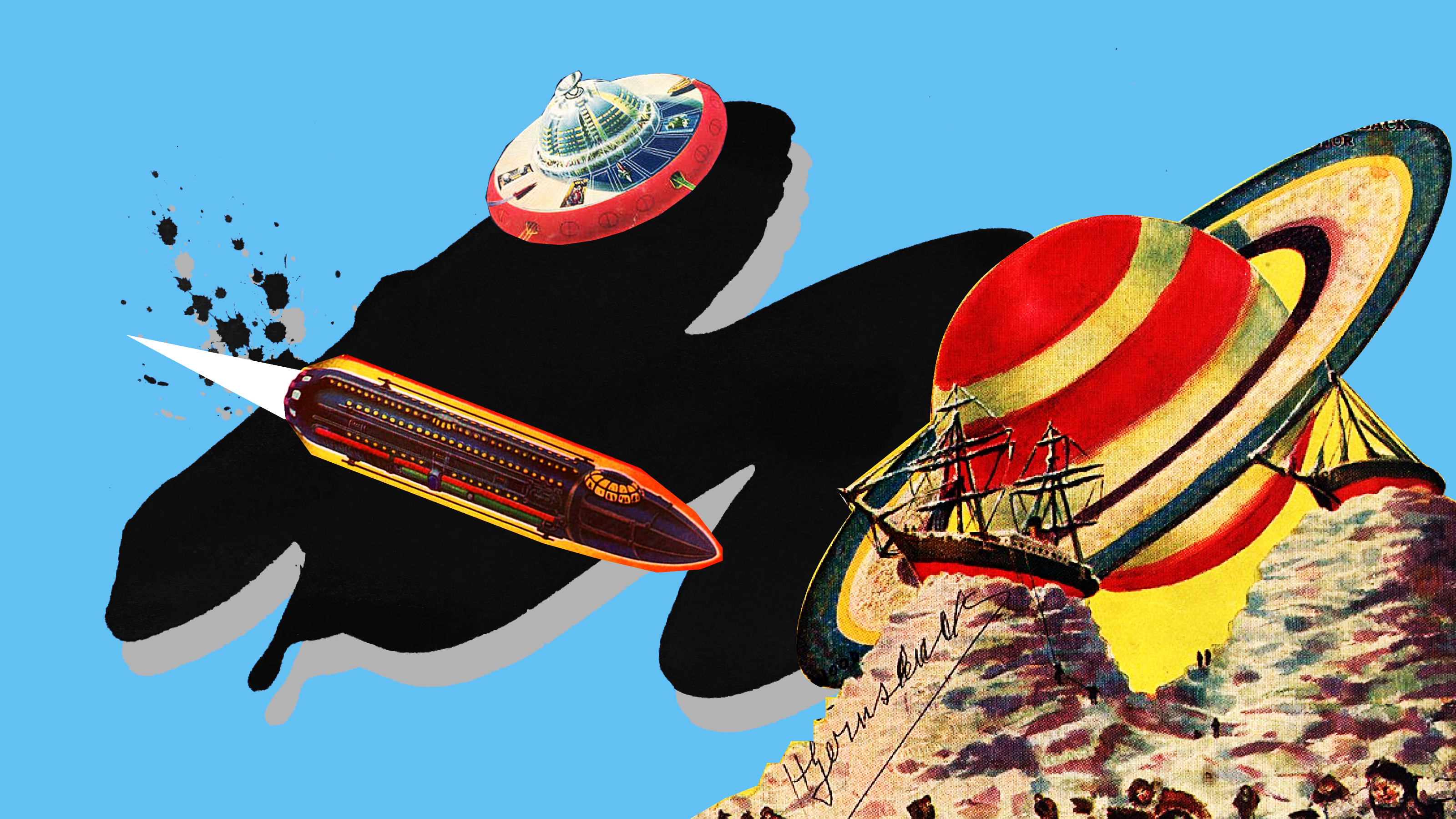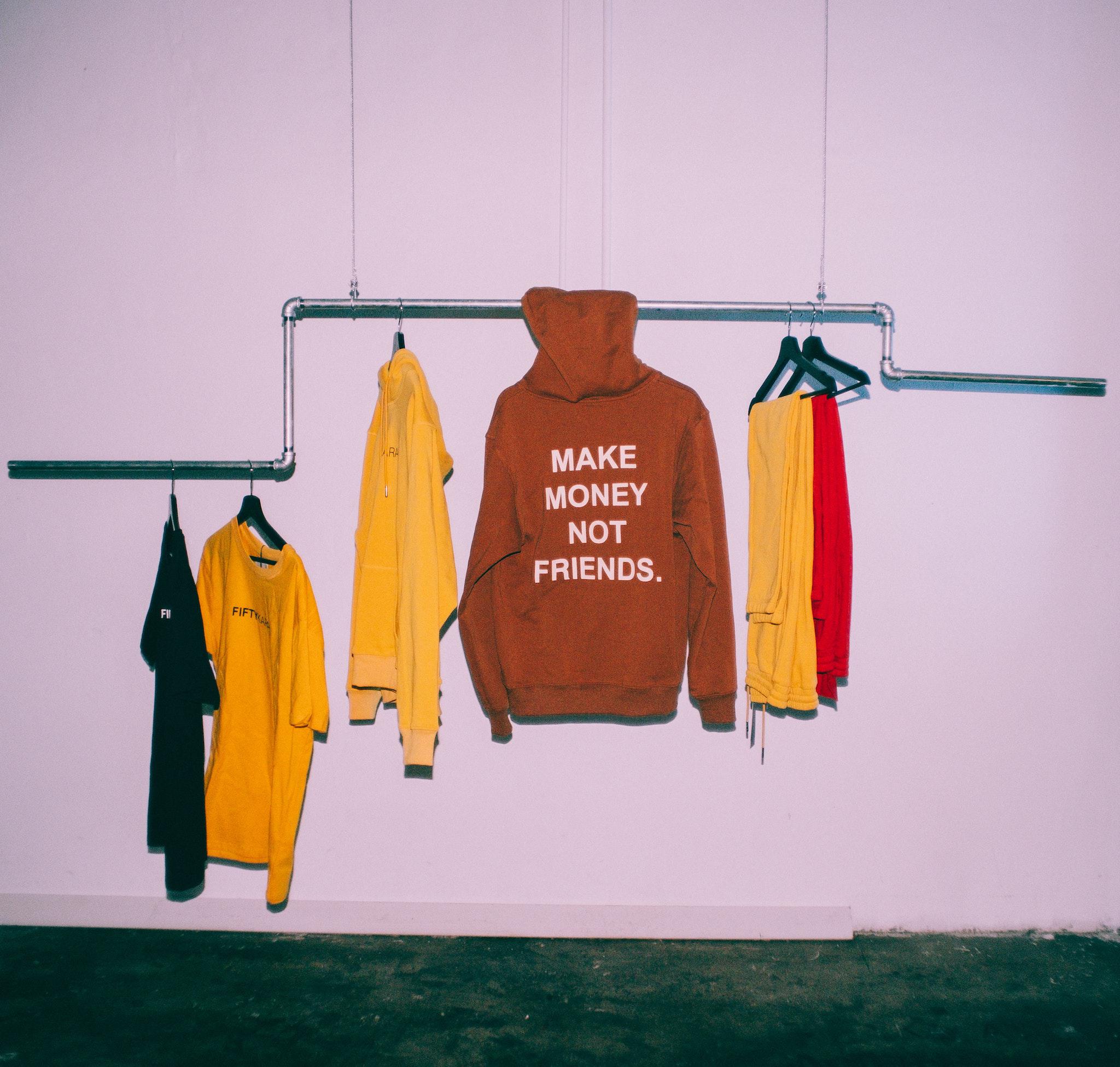The Harvard economist explains why legalizing all drugs—including cocaine, heroin, and methamphetamine—would be a better policy than the current prohibition.
Question: Why should we legalize all drugs?
Jeffrey Miron: My dangerous idea is that we should legalize all of the currently illegal drugs. Not just marijuana but cocaine, heroin, methamphetamine, LSD... everything else that’s out there. My basic argument is that, first, in a free society we should allow people to consume whatever they want—no matter how dangerous, no matter how much it might be bad for them—because that’s what freedom means but not just the freedom to do things that are good for you but the freedom to do things that might not be good for you. Or that other people might think are not good for you.
Second, by trying to discourage people using drugs and trying to discourage the genuine unfortunate circumstances of which happens sometimes because of drug use, we incur far worse negative outcomes, far worse costs, than the results simply from the use of drugs in a legal framework.
So what are these adverse consequences of attempting to prohibit drugs? Well to begin with, we don’t actually eliminate drugs, we drive the market underground. And the underground market for drugs is violent, it’s corrupt, it has poor quality control, in the attempt to enforce it we have to infringe civil liberties by basically shredding the 4th Amendment to the Constitution. We reduce the ability of people who are sick to use drugs like marijuana or opiates freely to reduce pain, to relieve nausea from chemotherapy, and a whole range of other symptoms.
We interfere in other countries. The violence that we observe in Mexico, the profitability underlying the Taliban in Afghanistan. All those result form the fact that we’ve driven drug markets underground, and so terrorist groups make a profit by selling their protection services to the drug traffickers, the drug traffickers get the protection and the terrorists get profits. So that’s another ancillary cost of trying to wage the war on drugs.
So my view is that if we had a fully legal market for all of these substances we would observe roughly the same set of things we observe now for alcohol, for caffeine, for tobacco, for other products which can be dangerous. We would see a large fraction of people use them in moderation, use them reasonably responsible, with at most mild negatives for themselves or for others. We would see a small fraction who would misuse them in bad ways but mainly they would adversely affect themselves, not the rest of society.
And that’s a far better balance—in no way shape or form a solution in a sense of eliminating all negatives—but a far better balance than the current policy of trying to prohibit drugs.
Question: What policies should be implemented alongside legalization?
Jeffrey Miron: Well, people differ on exactly what auxiliary policies they might suggest under a legalized drug regime. Virtually everyone thinks that we would have approximately the same auxiliary policies that we now have, say for alcohol. We have a minimum purchase age, might be 18, might be 21. Something like that. We would have restrictions on time and place of use, so of course there would be driving-under-the-influence laws. It might be restrictions on using drugs while operating heavy machinery and things like that.
But all of that would be very similar to what we currently do for alcohol and all of that would be in a framework where overall use, the overall production, transportation, distribution, and possession would be fully legal activities as occurs now for alcohol or tobacco.
Question: Wouldn’t legalization increase consumption?
Jeffrey Miron: It’s entirely possible, perhaps even likely that consumption of the illegal drugs would increase if we legalized. The evidence doesn’t suggest a very big increase. Indeed some aspects of the evidence don’t suggest much increase at all. The Netherlands have roughly a legal regime for marijuana—not, fully, technically legal but a far less restrictive regime than the United States. Their use rates are actually below those in the United States. Portugal decriminalized all drugs, not just marijuana, about ten years ago, and they did not observe any significant increase in use. In some cases there are mild decreases in use.
So it’s certainly possible that use would go up. The strong likelihood is that much of that increase would be from people who would use responsibly. The people who want to use irresponsibly, the ones that are willing to violate the law, to risk being convicted of a felony, and going to jail, they’re already consuming. And so the increase in use we’re going to observe if any is going to be moderate and mild and therefore not a danger either to the people consuming or the most part to anyone else.
Recorded July 26, 2010
Interviewed by Max Miller





